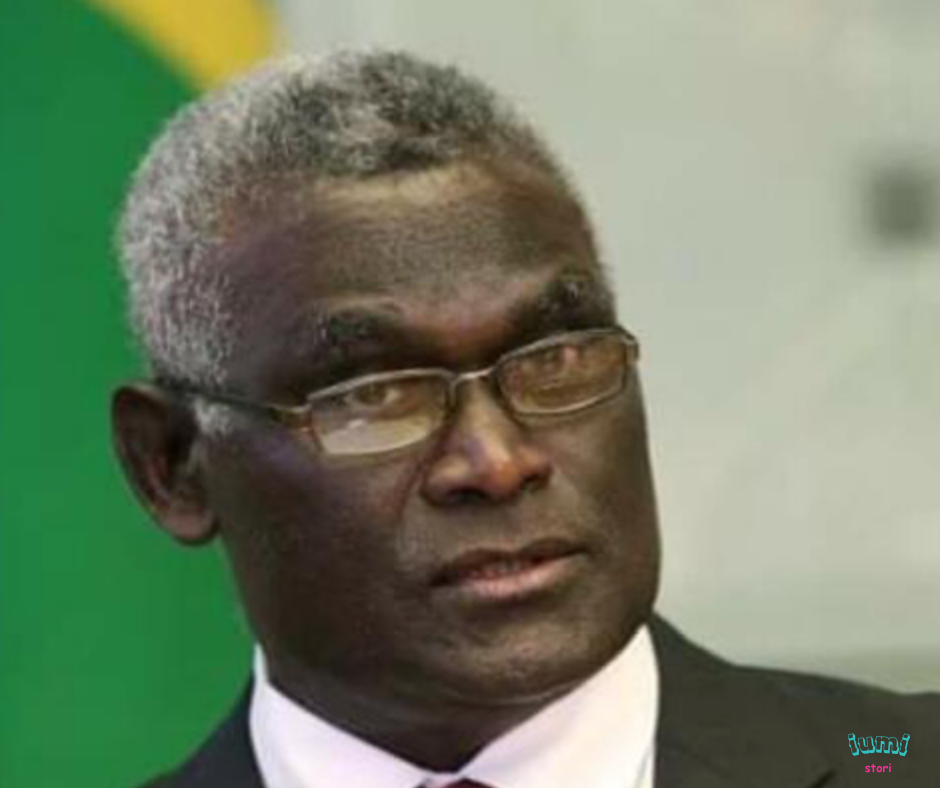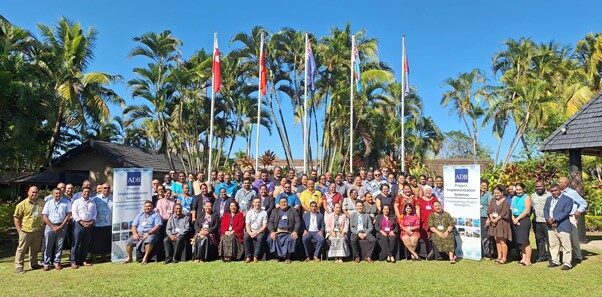Global institutions created to deal with conflicts are out of date and need urgent reform if they are to remain relevant.
Minister of Traditional Governance, Peace and Ecclesiastical Affairs Hon. Jaimie Lency Vokia made the emphasis while presenting Solomon Islands statement at the Group of SEVEN PLUS (G7+) High Level Summit in New York on Thursday 26th September.
Minister Vokia stated, without the relevant reforms, United Nations and other global institutions dealing with peace will continue to face global challenges relating to the maintenance of global peace.
Peace is under attack. This attack is multi-scalar, and it defaces humanity. The effects are that development is stalled and humanity undergoes substantial suffering. The global community needs to step up its multilateral approaches to solving these problems.
Minister Vokia emphasised, that the threat to global peace is escalating therefore important for G7+ to envision a future where inclusivity is a central focus of global discourse.
Mobilisation of international collaboration, ignite proactive measures, and lead the way toward a world where everyones potential is realised can world peace be truly achieved.
He elaborated, in Solomon Islands context, the loss of islands, coastal erosion and salinization, stemming from climate change are tangible challenges faced by the islands which potentially leads to state fragility.
Like climate change, geopolitics is an existential threat. When geopolitics drive development discourses, development programmes often serve the interests of the donors rather than our pressing needs a development approach that is misplaced and misaligned.
He further explained, the perceived wide gap between the state and society often contributes to fragility. Strengthening local institutions within the framework of traditional governance, customary land, and customs is vital to fostering robust state-society relations.
Minister Vokia told G7+ that Solomon Islands has taken the necessary reforms in addressing corruption.
The Anti-Corruption Act passed in 2018 saw the establishment of the Anti-Corruption Commission and amendment of corruption laws in line with the United Nations Convention Against Corruption and local cultural context. The initiatives undertaken reflect the countrys commitment to tackling the pervasive problem of corruption.
The Minister for peace also welcomed the action under the UN Pact for the Future to increase financial resources for the Peace Building Commission as an important facility to deal with conflicts but underscore the need for commitment and effective innovative strategies and action at the global level.
Minister Vokia said, the global community including UN must be front runners in their approaches to addressing these challenges. Institutions tasked with conflict resolution mandates must challenge their resolve and step up their game to ensure global peace is maintained.
The objective of the G7+ Summit is to foster dialogue and knowledge sharing to inform global policies on cooperation in areas of peace, stability, development and climate change and affirming commitment to peace, reconciliation, and principled development.
Ends///.
Opmc press



